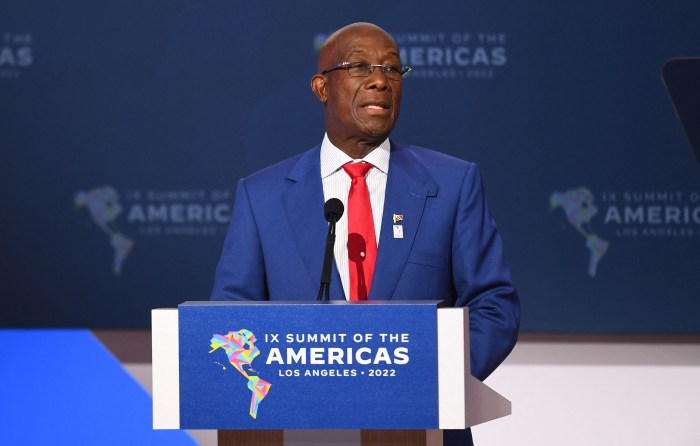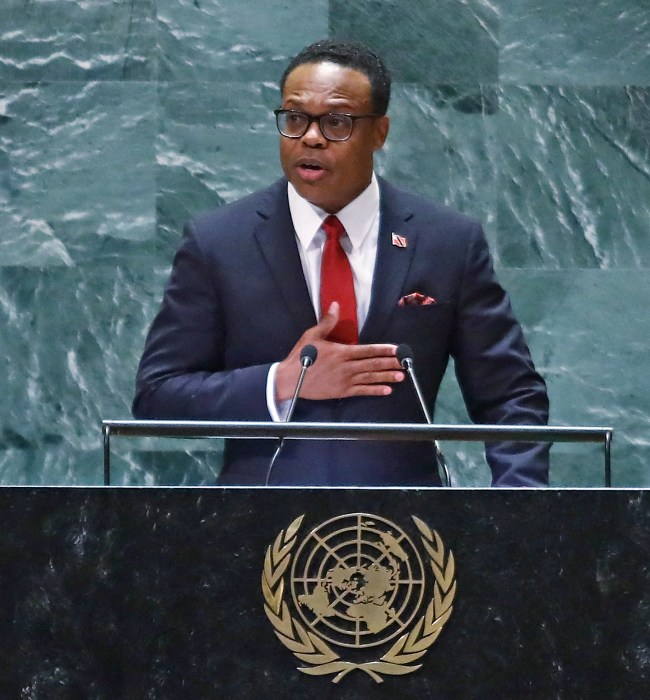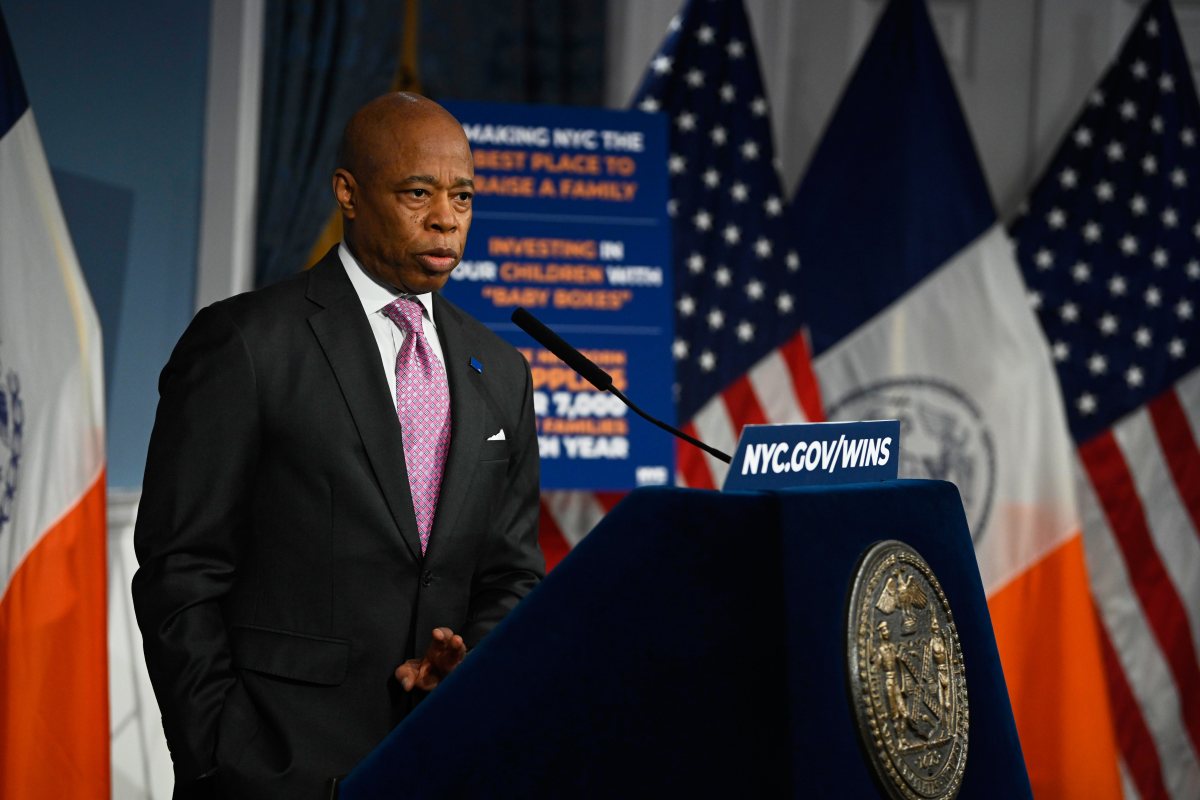Even in Britain, pollsters took a shellacking earlier this year when results in national elections there turned out significantly different from what had been projected. In Trinidad and Tobago, where a general election is scheduled Sept. 7, openly questioning whether polling exercises are invested with the requisite professional know-how is nothing new. One senior member of the People’s National Movement (PNM) said of a recent poll, which placed his party at a one-seat disadvantage in the upcoming election to the party led by Prime Minister Kamla Persad-Bissessar, that he viewed those poll findings with justifiable skepticism. The same pollster, he noted, had predicted widespread support for last year’s intra-party challenger to PNM leader Dr. Keith Rowley, only to see that challenger resoundingly defeated.
Against that background does one assess what is purportedly the favorability rating for the prime minister. Given Bissessar’s record for the five years she’s been in the role, the favorability numbers she allegedly posts — albeit not, by normal standards, anything to crow about — have about them a sense of reality denied. Beyond the expected base support from party loyalists, it is difficult to imagine Bissessar’s highly blemished leadership tenure receiving much of a thumbs-up in the wider electorate.
The Bissessar regime sent early signals of its disinclination to protocol or convention, a disinterest even in acting politically correct. Snapshots of her term evidence a pattern of deliberate choices made, of a kind that pretty well guaranteed failure to instill public confidence in the moral compass of the team she led. The prime minister, for example, quickly availed herself of the opportunity her office afforded for elevating attorneys to the vaunted (and financially rewarding) “senior counsel” status, to elevate herself and her attorney general. Appearances be damned! The infamous Reshmi affair, so named for the unqualified, inexperienced young woman the administration sought to install in one of the nation’s top national security posts, was also an early indication of the government’s proclivity for discarding, never mind practice or protocol, but procedural integrity. The episode was revealing, too, of what would be Bissessar’s customarily feigning ignorance of developments that resulted in stuff hitting the fan.
It didn’t tale long, either, for general public awareness of cronyism and tribalism as foremost definers of the Bissessar administration’s policy on hiring and awarding of contracts… notwithstanding the prime minister’s barefaced contention this wasn’t so in a farcical recently broadcast Q&A. The unreconstructed racism of the former foreign affairs minister who, after asking the then New York consul general how many Indo-Trinidadians were on the consulate staff, told him that the “face” of the consulate must change, epitomized perfectly where the Bissessar team was coming from. Concerning the consulate, incidentally, of direct relevance to the prime minister is that under the present consul general, a Bissessar colleague, staff have been subjected to terms of employment that in 2015 can be rightly deemed pre-historic — a situation several times brought to the prime minister’s attention.
In one of its most egregious abuses of power, the government, in the Section 34 scandal, shamelessly manipulated the legislative process by getting a feckless then-president to give formal assent to one section stealthily extracted from a criminal justice bill passed by Parliament, in order to protect two party financiers from extradition to the U.S. on criminal charges. The prime minister’s dismissal of one cabinet member was a transparent attempt to obfuscate what surely looked to be a scheme concocted by the full high command.
The Section 34 debacle was occasion for one of a prolonged torrent of questions surrounding Bissessar’s attorney general, including allusions to personal-conduct shadiness. That she failed to cut him loose until mere months ago is clearly no basis for any leadership merit badge claim on Bissessar’s behalf. By contrast, the firing, in the administration’s infancy, of cabinet minister Mary King supposedly for conflict of interest in a contract award issue looked, in retrospect, to be pure tomfoolery, in light of the cloud of perennial improper practice that would overhang the government.
The prime minister was downright dishonest with the public when insisting, during the last budget, that collapsed global oil prices would not affect the country’s economic wellbeing. And in that ghastly business of Bissessar and her confederates orchestrating Dr. Rowley’s personal defamation in the Parliament, the government descended into beyond-the-pale slime. They added to the bottom-feeder tactics by misusing their majority to suspend Rowley, in so doing denying his constituents their constitutional right to representation — a move, in the last days of their term, that perhaps befitted the tone established at the outset.
Considering the preponderance of not just faux pas, but decisions / actions aimed at subverting or circumventing process, reports of this prime minister’s performance eliciting positive reaction from other than hard-core party faithful cannot but trigger speculation about flawed measuring of popular sentiment.


























